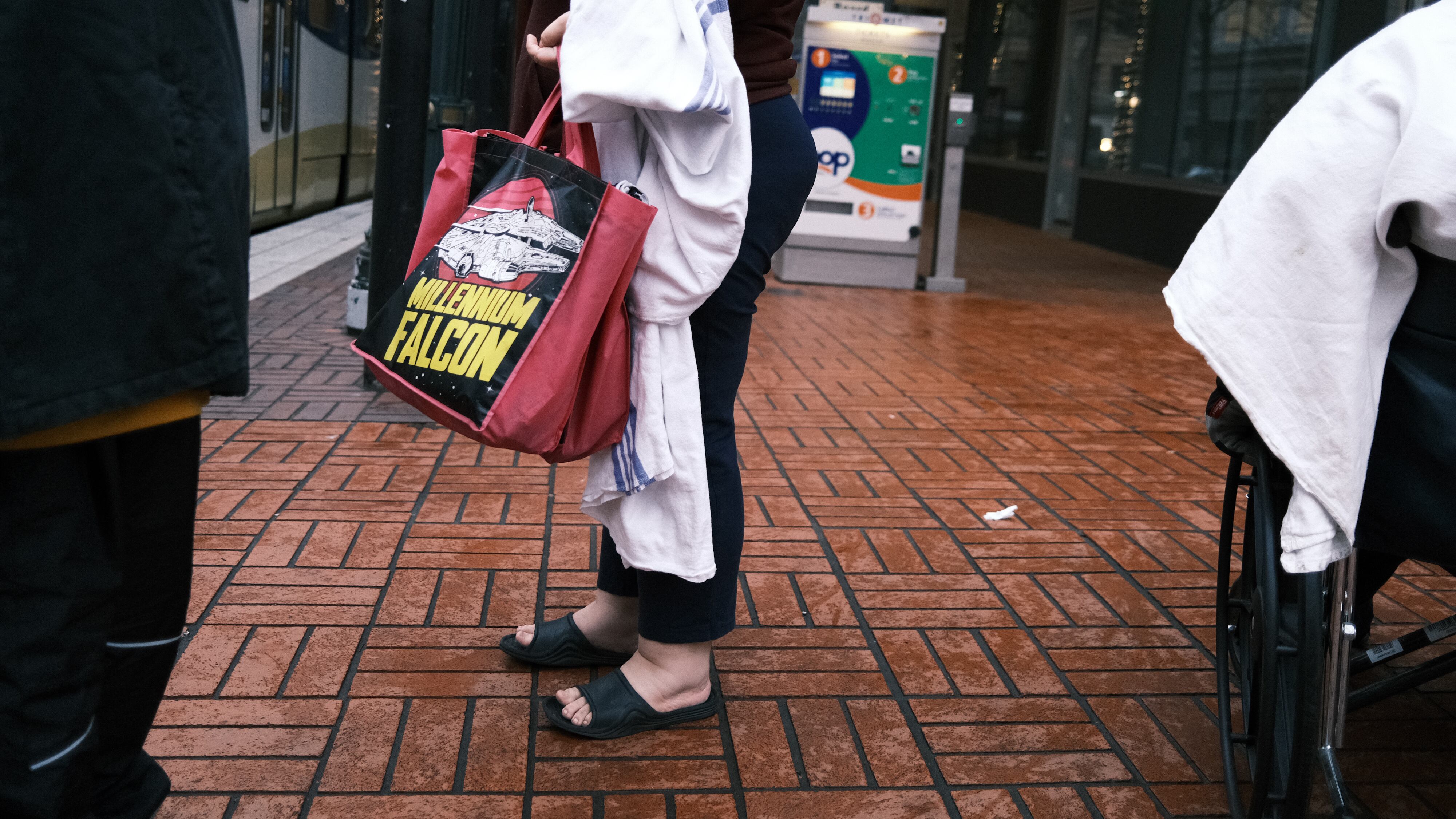On Monday, Portland and Multnomah County officials announced their joint plan to use $38 million in surplus dollars to provide immediate aid to people sleeping on sidewalks or in their cars.
The highlight: The city and county are looking to jointly purchase or lease four new properties to house 400 new emergency shelter beds in motels, congregate shelters and pods.
The city is expected to contribute $5 million toward the new shelters while the county has plans to commit $13 million.
“Up to 400 new shelter beds, including congregate shelter space, motel rooms and sleeping pods, that will bring people out of the elements and offer connections to health and housing services,” the joint statement read. “The Joint Office of Homeless Services and Multnomah County are currently pursuing the purchase or lease of four new sites.”
Later this month, city and county commissioners will vote whether to approve the spending from the proposed budget.
A chunk of the proposed funding will also go toward staffing behavioral health care teams in Old Town tasked with deescalating crisis situations on a by-need basis, a request that Old Town homeless services providers made of the city and county earlier this month as they bemoaned an increase in psychotic episodes that were disrupting mealtime services.
Other allocations include $4.8 million for storage and hygiene facilities for 250 to 300 camps along Portland streets, half a million dollars for trash cleanup, and the training of about 25 outreach workers who would be “rapidly deployed to high-impact locations citywide, including Old Town Chinatown, and also around existing shelter locations.”
Another $1.4 million will go to increased outreach at unsanctioned camps across the city.
One item may draw ire from service providers and homeless advocates: $6.5 million for the city’s Impact Reduction Program, the team that conducts camp sweeps. Only the city is funding that line item.
The plan for the combined city and county allocation of $38 million in onetime funds is the result of weeks of meetings between city and county officials. Multnomah County Chair Deborah Kafoury first reached out to the mayor’s office earlier this month, offering to combine a portion of surplus funds to address the homelessness crisis.
The chair’s outreach was a welcome but unexpected olive branch to the city. The county and city have long been at odds over how to best address the homelessness crisis, with the majority of the county’s focus on creating long-term housing while the city has pressed for more immediate solutions.

